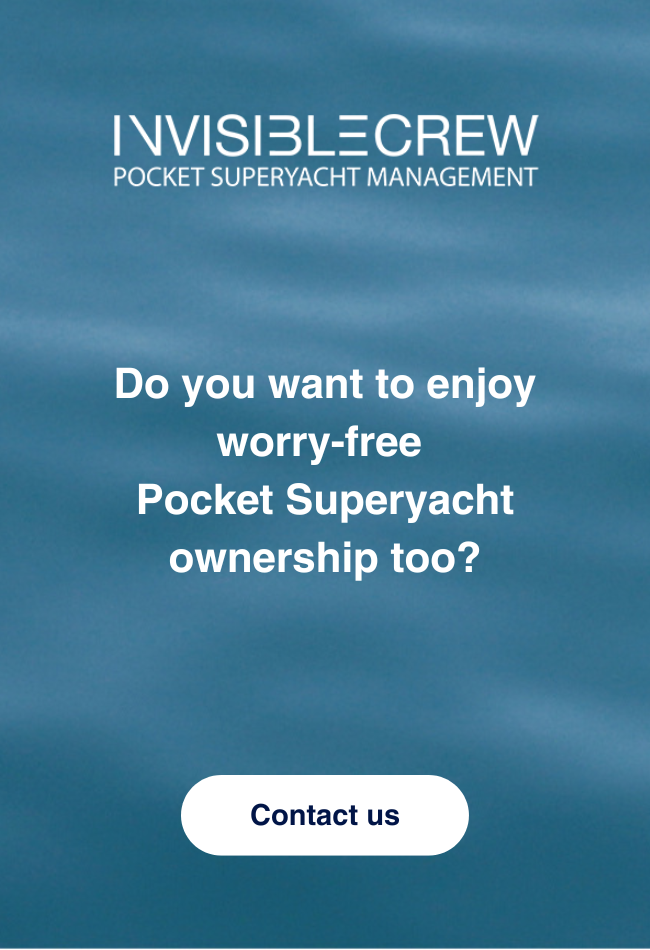Facebook is in trouble again. Founder and king of the billionaire geeks Mark Zuckerberg shunned his trademark jeans T-shirt and trainers in favour of suit and tie and began apologising to anyone who was ready to listen to him, which turned out to be virtually everybody.
It transpired that the social network has been a little liberal with the way it allows third parties to access, and use data across their platform. Specifically, third party developers had made a quiz that perhaps might entertain users in an idle minute or two. In the process this app harvested your personal data, basically a personality profile of who you are, what you like, and what you do. Then it collected the same data from all of your Facebook friends. The company then sold this data to Cambridge Analytica, a small data analysis consultancy who claim they would then use the harvested data to target political advertising to attempt to swing elections. They say that they wield considerable power over candidates and played a significant role in the Brexit referendum in the UK, and the election of Donald Trump to the White House….but here is the rub, despite profuse and numerous apologies from the Facebook founder, nobody broke any rules here. Buried deep in the voluminous terms and conditions that come with these things, if you click on ‘Accept’ as we all do, you had given them legal, if not actually moral permission to pass your data on to whoever was willing to pay for it.
Facebook has 2.13 billion monthly active users, about a third of the global population, 1.15 billion daily active users via their mobile platform. This is about as big as a thing can get, and every time you click a thumbs up, follow a page, search for someone, or something, or any of a host of other activities, you are telling it more and more about yourself and your friends, and it’s all free. It doesn’t cost you a penny.
I had a root about in my phone. I can send and read email from three accounts, follow the world on Twitter, share a photo of my lunch, tell it where I ride my bike, listen to music, watch videos of kittens, watch TV, find a restaurant, navigate to my next appointment, store my photos, do all my spreadsheets and admin, make a video call, check out my heart rate and a load more, all without being asked to pay a red cent to do it. Cool. Yet most of these companies are billion dollar enterprises. Somebody somewhere is paying them an awful lot of money for something.
I am old enough to remember the early days if the internet. More or less the first thing somebody showed me was how to set up a Hotmail account. I dutifully watched, and said ’How much does it cost?’. It cost 17p to post a letter in those days, and I couldn’t remotely understand why someone would invent this whizzy new technology and then let me use it for nothing. It seems that more than a few people are still, unconsciously, unsure of it today.
I no longer ask how much anything costs these days, because it’s almost always free. We have become accustomed to expect everything online without charge. To trot out the old cliche, there is no such thing as a free lunch, and it’s truer now than ever. Big data is big business, companies will go to ever more ingenious ends to collect it, interpret it and feed it back to you in a way that exerts influence in return for money. It can be used to sell me something I will almost certainly like, and buy, or try and make me vote for Donald Trump and all points in between. That’s all fine as long as people properly comprehend the arrangement and the consequences, of taking that Facebook quiz, checking in at a location or reviewing that restaurant on Tripadvisor. People really ought to take the time to get a little streetwise over this, rather than throwing their hands in the air complaining to have been violated when actually a moments lateral thinking will tell you all you need to know about how all this works, then perhaps people will proceed with a little more caution when it comes to handing data over, however innocuous the cause may appear.
If you are happily tapping and swiping your days away without actually parting with any money, it is always worth remembering that you are not the customer, you are the product.
By Phill McCoffers












